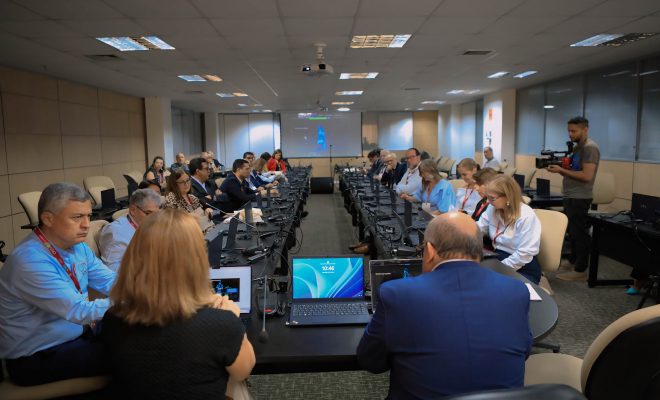New insights on countries’ objectives to foster inclusion in higher education

Inclusion in higher education goes beyond increasing access. It focuses on ensuring that students from diverse social, economic, or ethnic backgrounds, as well as those with disabilities, have equitable opportunities to access, progress and succeed in higher education. Many countries are adopting policies to remove barriers to enter higher education for different population groups, such as providing scholarships, implementing quotas, or offering targeted academic support. By promoting inclusion, countries can help break cycles of exclusion, foster social mobility, and contribute to greater equity and cohesion in society.
Global trends in national goals for increasing access
Based on data from the HE Policy Observatory, the Policy Insight reveals that 70% of the countries with a national plan for higher education have made inclusion a key objective. Regional differences are notable: all countries in Central Asia and nearly all in North America and Western Europe aim to foster inclusion, while this objective is less common in South and West Asia (50%) and the Arab States (25%).
Interestingly, no clear pattern emerges between income groups, with high- and low-income countries showing similarly high levels of commitment to inclusion in higher education. The data also indicates that countries that have adopted inclusion as a goal are twice as likely to offer national scholarships targeting disadvantaged groups.

Implications for policymakers and future research
Integrating the goal of fostering inclusion into national plans for higher education offers countries a powerful opportunity to create more equitable systems. Beyond plans, countries need to design and implement targeted policies and comprehensive strategies that directly address the diverse needs of underrepresented groups. These solutions must be adaptable to local contexts, ensuring they are effective in removing barriers to participation.
To support this, cross-sector collaboration and learning from international best practices are essential in building and sustaining inclusive education systems. Future research should focus on evaluating the effectiveness of these strategies, helping policymakers refine their approaches to ensure that participation in higher education becomes a reality for all.
Dive into UNESCO’s Policy Insight 19 to gain a deeper understanding of countries’ objectives to foster inclusion in higher education globally:

RELATED ITEMS








